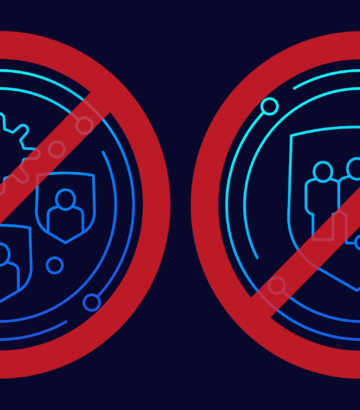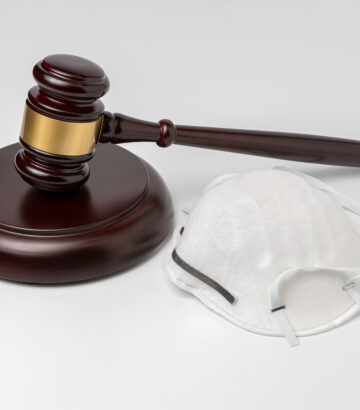Join the World Health Network in Holding the CDC Accountable for Its Guidance Through the Information Quality Act Correction Process
Recently, there has been growing frustration and concern regarding the scientific credibility and consistency of guidance issued by the Centers for Disease Control and Prevention (CDC). The Information Quality Act requires the CDC to provide Information Quality Support by fielding corrections and responding to them within 60 days. A full list of past corrections can be found here. As citizens invested in public health and scientific integrity, it’s imperative that we hold government agencies accountable for the information they provide. Join the World Health Network (WHN) in this effort by following the steps to submit a formal correction and encouraging others to do so as well!
The Power of Your Voice
Did you know that you have the power to challenge the quality of information disseminated by federal agencies like the CDC? The Information Quality Act (IQA) provides a mechanism for individuals to voice their concerns and demand accountability. The CDC is legally required to reply to your correction, and have stated that they will reply within 60 days. This correction process has been underutilized. By issuing a correction and encouraging others to do so, we can hold the CDC accountable to more factual, science-based guidance that will keep us all safer.
Why File an IQA Correction?
If you’ve encountered CDC guidance that seems unscientific, inconsistent, or lacking evidence-based support, filing an IQA correction is a concrete step towards promoting transparency and accuracy in public health information. Your feedback can prompt the CDC to reassess and improve the quality of its guidance, ultimately benefiting the health and well-being of communities nationwide.
How to File an IQA Correction:
- Gather Evidence: Collect one or more specific instances where you believe the CDC’s guidance is unscientific or inconsistent. Document any discrepancies or lack of evidence.
- Prepare Your correction: Draft a clear and concise correction outlining the issues you’ve identified. Provide evidence to support your claims and explain why the guidance falls short of scientific standards. corrections must be specific! The more specific your correction, the more specific the CDC must be in response. Complainants should be aware that they bear the “burden of proof” with respect to the necessity for correction as well as with respect to the type of correction they seek.
- Your correction must include the following (reference the CDC’s FAQ webpage for more information):
- a statement that an information quality request for correction is being submitted
- a detailed description of the specific information that needs to be corrected including where the information is located, i.e. the publication title, date, and publication number, if any, or the Website and Web page address (url), or the speech title, presenter, date and place of delivery;
- the specific reasons for believing the information does not comply with OMB, HHS or CDC guidelines and is in error and supporting documentation, if any;
- the specific recommendations for correcting the information
- a description of how the person submitting the correction is affected by the information error; and
- the name, mailing address, telephone number, e-mail address, and organizational affiliation, if any, of the individual making the correction.
- Submit Your Correction: Visit the CDC’s Information Quality Act Correction Submission Page at CDC IQA Correction Submission or email InfoQuality@cdc.gov to electronically submit your correction. Ensure all required fields are completed accurately. Specify that you are submitting an “information quality request for correction”.
- Stay Engaged: After submitting your correction, monitor the progress and any responses from the CDC. Be prepared to provide additional information or clarification if needed.
- Appeal if Necessary: The CDC says it will reply to corrections within 60 days. If the response to your correction is insufficient, incorrect, or otherwise unsatisfactory, you are entitled to appeal. The CDC IQA FAQ page states, “If CDC denies a request for correction, the requestor may send within 30 days of receipt of the agency’s decision a written request for reconsideration. The request should state the reasons for the appeal and may be sent as hard copy or electronically to InfoQuality@cdc.gov. Requestors should reference the CDC tracking number provided in the CDC response to the original request.”
Together, we can hold the CDC accountable for science-based guidance that will ensure our safety. Don’t wait any longer. Submit your correction and encourage others to do the same!











